We like to have a little fun at the Country Folks offices when certain holidays roll around. Check out our silly April Fool’s Day stories.
AI technician shocked to see cows
As the world becomes more and more digital, students are being influenced to earn degrees in fields that would seem to be beneficial in the future. Computer engineering. Coding. Even earning pilot’s licenses so they can operate unmanned aerial vehicles (better known as drones).
However, some fields – or should we say pastures? – still require some good, old-fashioned physical skills.
Those fields also require a complete understanding of what a client is talking about. Good communication is just as important as a job completed to satisfaction.
After completing a bachelor’s degree in Media & Communications at Delaware Valley University and graduating summa cum laude, Arturo F. Listo of Perkasie, PA, was armed with a stellar education in artificial intelligence. There were many job listings available in nearby Philadelphia, but he wanted to look elsewhere for work, having never traveled too far from home.
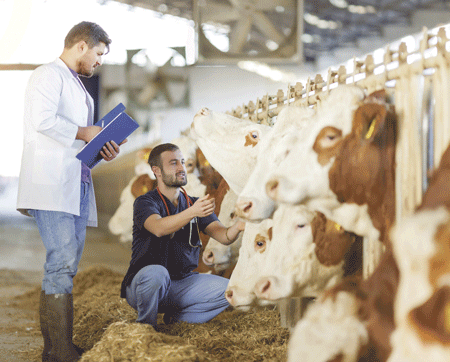 Listo was thrilled to have found a job in the appropriately named Farmville, VA. “The pay was good and I was able to rent a whole house for less than my college studio apartment. I was stoked,” he said. “It seemed strange that the job was with a veterinary clinic, but hey, everyone needs good tech support these days.”
Listo was thrilled to have found a job in the appropriately named Farmville, VA. “The pay was good and I was able to rent a whole house for less than my college studio apartment. I was stoked,” he said. “It seemed strange that the job was with a veterinary clinic, but hey, everyone needs good tech support these days.”
That’s where the misunderstanding began. Dr. Brenda Crowning, DVM, had only used the term “AI” when interviewing Listo.
“I literally asked him if he was willing to dig deep to get the job done, and he said yes,” she said. “Coming from Delaware Valley, a strong ag school, I figured he knew what I meant.”
Listo packed his things, moved 300 miles south and, after filling out the proper paperwork, was ready to begin his new career.
The first day on the job, out at John MacDonald’s farm, was definitely one to write home about for Listo. “When they explained what had to go where, it was eye opening, to say the least,” he laughed.
He showed up in his office attire, laptop bag strap across his chest. Crowning was in her usual overalls and muck boots. Not one to shy away from a challenge, though, Listo followed her instructions and utilized some AI on the Jersey heifer.
Showing some aptitude for the skill, he is now working part-time at the vet clinic and is back to taking classes – this time focusing on animal science.
“I also make sure to clarify which AI Dr. Crowning is talking about every time,” he added.
The online dating revolution hits the agricultural highway
As a fourth-generation crop farmer, John Farrow logs long hours in the fields behind the wheel of the tractor.
Affectionately nicknamed “Frank” in honor of John’s father (and the initial owner of the 1980-something Agrocraft 30 series), this one particular tractor has become a go-to for the Farrows for everything from farm chores to field work.
John and Frank have had many long conversations during planting season. To the uninitiated, that might sound a little crazy – but every farmer knows you talk to your machines now and again. And sometimes they might just talk back.
John was surprised to learn some things about Frank and his other equipment: tractors get lonely! At 40-odd years old, Frank was looking for something more. Companionship for long hours in the field. Someone to be waiting at the barn for him after a long day.
A partner.
 John reached out to other farmers across the county and what he learned revealed an unspoken surge across the agricultural community – a massive cohort of heartbroken farm implements looking for love.
John reached out to other farmers across the county and what he learned revealed an unspoken surge across the agricultural community – a massive cohort of heartbroken farm implements looking for love.
He had to do something for his best buddy Frank. For Ozzie the MeadowMaster compact tractor. For Henrietta the excavator. And for every other piece of machinery beloved by the Farrows and Farrow Acre Farms.
Thus TractorTap was born – a dating app for tractors and the like seeking companionship after long hours in the fields. Launching this summer, the app is expected to take the agricultural world by storm.
Jenn Farrow, John’s wife, co-owner of Farrow Acre Farms and marketing manager for the newly launched TractorTap LLC, released the following statement: “We are just so excited for this app to hit the market. It speaks to a need that no one really saw before – but we want our tractors to know: we see you. We see you and you deserve love and we’re going to help you find it. This app is going to change the agricultural landscape for certain … and I don’t believe it’s hyperbole to say that it will change the world.”
Overcome with emotion, Frank the tractor could not be reached for comment. “This just … it means so much to us. To all of us,” volunteered Henrietta the excavator. “I’m so thankful to the Farrow family for all they’re doing with this project.”
The TractorTap application officially launches June 21, 2024. Find more information at tractortap.com.
Cows crossbred with unique animal to make manure storage easier
In one of the strangest combinations of high tech and low humor, scientists from two universities on opposite sides of the planet have collaborated to – in theory – make a messy side of livestock production a little neater.
The University of Western Australia and Cornell University have been using CRISPR gene editing to splice a few special strands of DNA into Holstein, Guernsey, Hereford and Angus cattle in and around Perth and Ithaca – not to make the animals more productive but to make farmers’ lives easier.
CRISPR is a genetic engineering technique in which the genomes of living organisms may be modified. A cell’s genome can be cut at a desired location, allowing existing genes to be removed and/or new ones added.
“Everything was hypothetical in this experiment until we got the go-ahead from the World Agricultural Association’s – their ethical blessing,” said Frank L. Stein, Ph.D., of Cornell’s College of Agriculture & Life Science.
“And to think it all started because my five-year-old son learned a silly fact at school,” chuckled Dr. Larry Hemsworth of UWA’s Biomedical Sciences Teaching Laboratories.
 That “silly fact” is one many elementary school students enjoy sharing once they learn it: that wombats, those stout marsupials from Down Under, create cubes when they defecate. Hemsworth put two and two together while watching that same young son play with Legos, taking a wild pile and turning it into a neat stack.
That “silly fact” is one many elementary school students enjoy sharing once they learn it: that wombats, those stout marsupials from Down Under, create cubes when they defecate. Hemsworth put two and two together while watching that same young son play with Legos, taking a wild pile and turning it into a neat stack.
It took a while for the research teams from the two prestigious institutions to convince their colleges that this was a worthwhile project to pursue. Their theory was that taking the cubed poop gene from wombats and adding it to bovine DNA would take a lot of the hassle out of manure storage, especially in regions where farmers are utilizing lagoons.
“Honestly, we joked about it at a lot of conferences, but once other scientists thought about it, it started to make more sense – and gain more support,” Stein said.
Now, after years of work, cattle are being born with that little strand of wombat DNA intact. The south ends of these north-bound cows, once digestion is complete, now release tight, three- to four-inch-square soft-cornered cubes of manure rather than plopping out the familiar cow pies.
Those caring for the cattle on the universities’ test sites couldn’t be more pleased with the results. They can still shovel the waste, if they so choose, or they can use reacher-grabber tools to pick it up. Once gathered, the manure can be stacked, Tetris-style, which requires much less space. One barn in Chenango County, NY, cut their manure storage footprint by 40%. Other sites have seen similar results.
“We know people are still wary of gene editing, but we think this particular change may catch on faster than others,” Stein said, “if for no other reason than saying ‘cow cubes’ is fun.”
Legacy scarecrow manufacturer takes things ‘back to basics’ for Fall 2024 collection
It’s April. As a farmer, your immediate focuses are on planning your season and getting out to prepare your fields. Before you know it, you’ll be beginning your spring planting.
However, some would argue that there is a crucial piece of the equation that you might be missing: a quality scarecrow. Though they are known as a part of fall festivities, a good scarecrow has a pivotal role to play in your fields as it guards your crops.
Farmer Kevin Thatch (Thatch Farms, Silverton, NY) was a reluctant scarecrow user. “I thought all of the fuss about scarecrows amounted to nothing more than an old wives’ tale – a legend that my grandfather used to tell. We purchased our first scarecrow about 11 years ago, and I was blown away! Our yields doubled overnight and I don’t know – the … vibes … were just good, you know? Like he was out there looking out for the farm.”
Choosing the perfect scarecrow is a weighty decision and a significant investment, and long-time scarecrow manufacturer Crop Couture wants to make sure farmers know they don’t have to settle. “We want to provide a product that’s a step above – something for the discerning eye, the farmer with taste,” said lead product designer Barbara Provender.
 The company has a big job to do this year. Though they have certainly seen their golden era since they opened their first production house in 1982, Crop Couture has seen their star dim in the new millennium and stocks have fallen considerably in the last decade or so with the rise of anti-scarecrow skepticism. The arrival of new CEO Sam Silage in 2023 brought hope for change – and this year’s collection was the first opportunity to make a definitive mark.
The company has a big job to do this year. Though they have certainly seen their golden era since they opened their first production house in 1982, Crop Couture has seen their star dim in the new millennium and stocks have fallen considerably in the last decade or so with the rise of anti-scarecrow skepticism. The arrival of new CEO Sam Silage in 2023 brought hope for change – and this year’s collection was the first opportunity to make a definitive mark.
This 2024 collection, titled “Vogue Vegetal,” is all about getting back to basics for the company, Provender said. With collaborations from a who’s-who of both the ag industry and the best of the fashion industry, the collection centers around tried-and-true materials: durable American denim, hearty plaids, light breathable linens – and the best hay that money can buy. The color palette consists of deep, rich earth tones that will be visible for miles.
Two models will be available for purchase: the Alexander Hayworth, a male build, and the Scarlett Strawfield, a female build, both with clothing customizations available through the company.
“Let us set the tone for your harvest season – and honestly, for your entire farm,” Provender added. “Crop Couture scarecrows make a statement: ‘This farm is a cut above.’ Let us help you stand out and to show the world how special you and your farm are.”
Silage was equally vocal about his excitement: “Look, we’re a legacy brand and fashion house in the world of scarecrow couture, but we’re still here when so many competitors have fallen away and I think our longevity speaks to what we bring to the table. We’re learning and evolving and I’m really excited about what we have coming with this collection. Let us help take your farm into the next decade.”
Learn more at cropcouture.org.





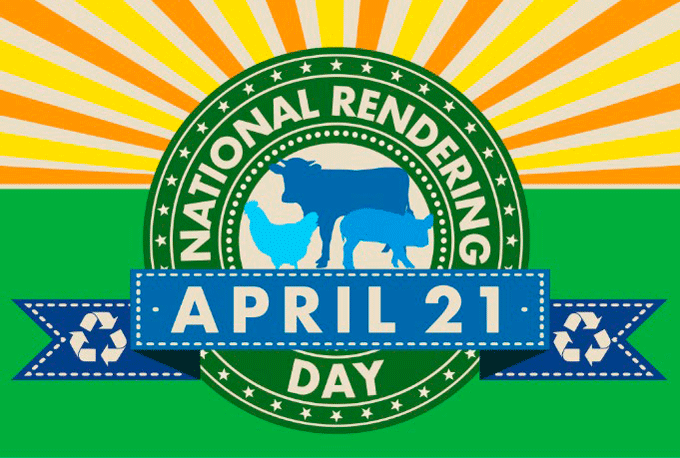
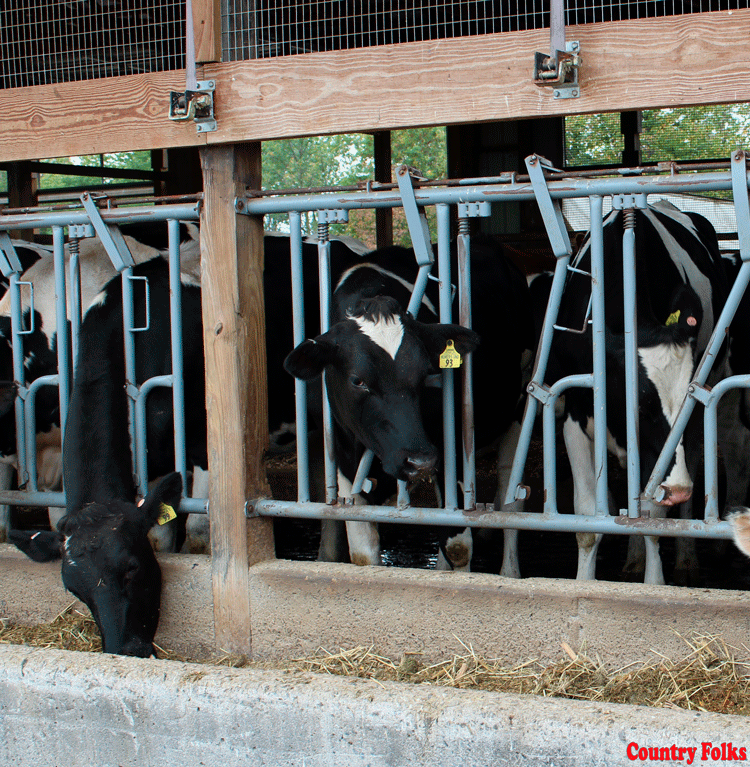
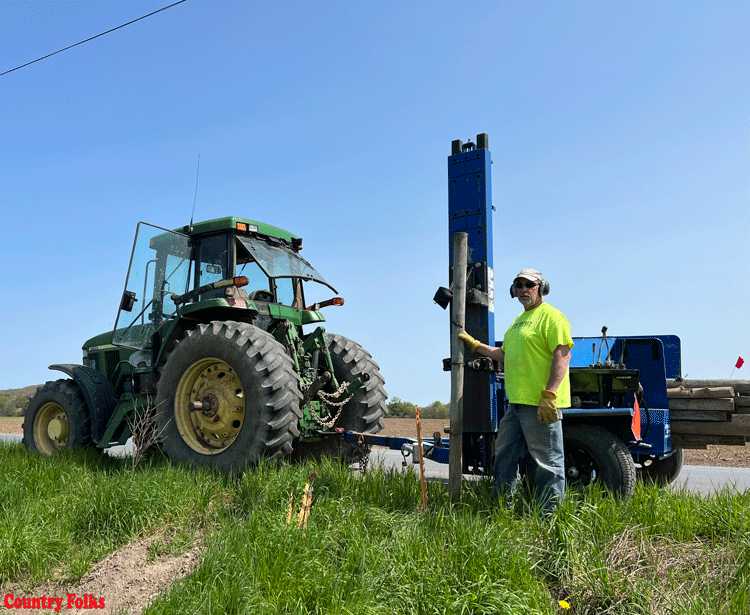
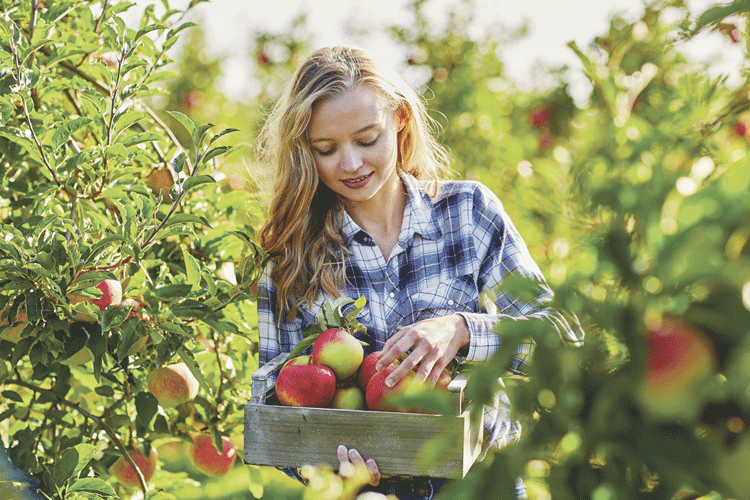

Leave A Comment